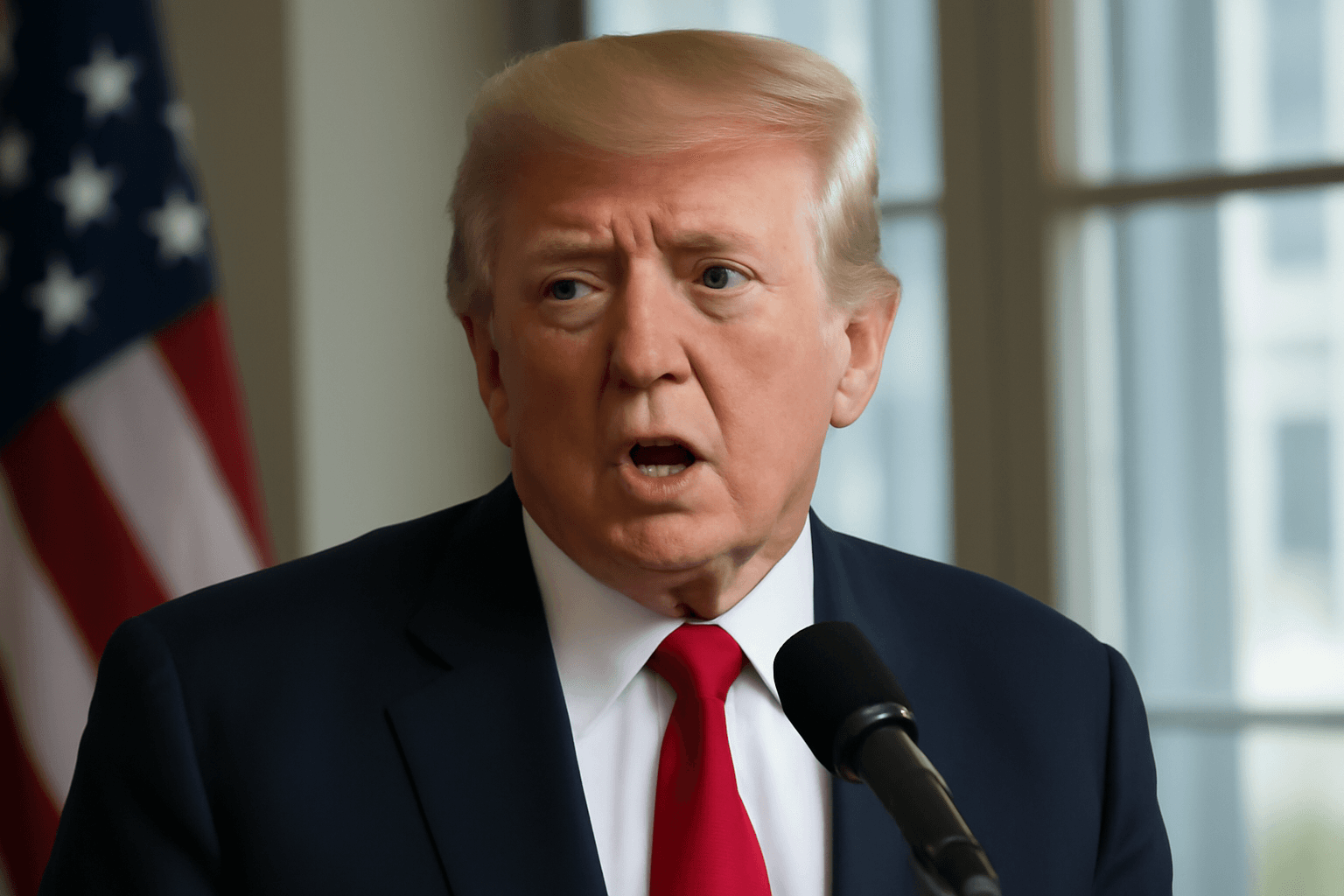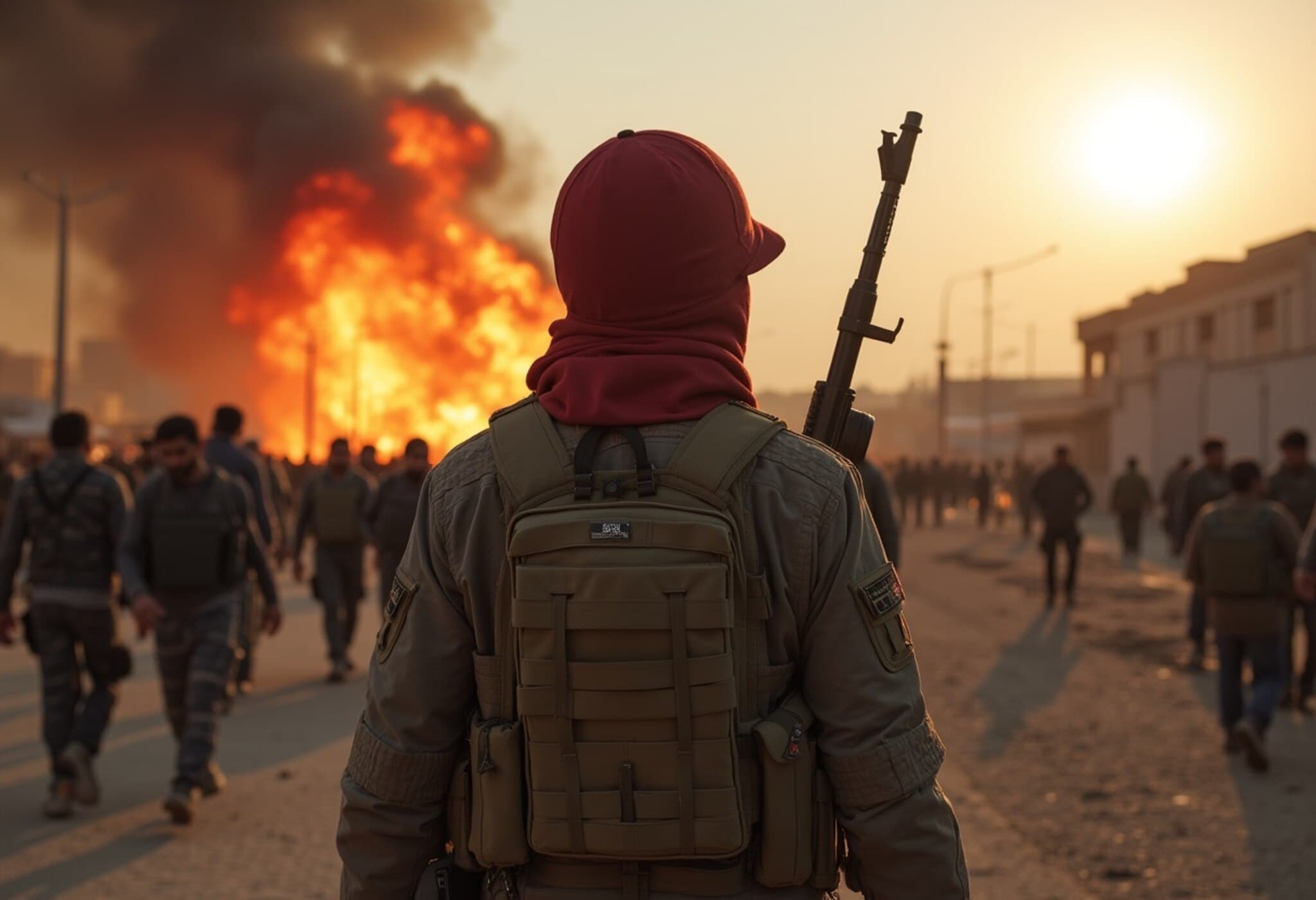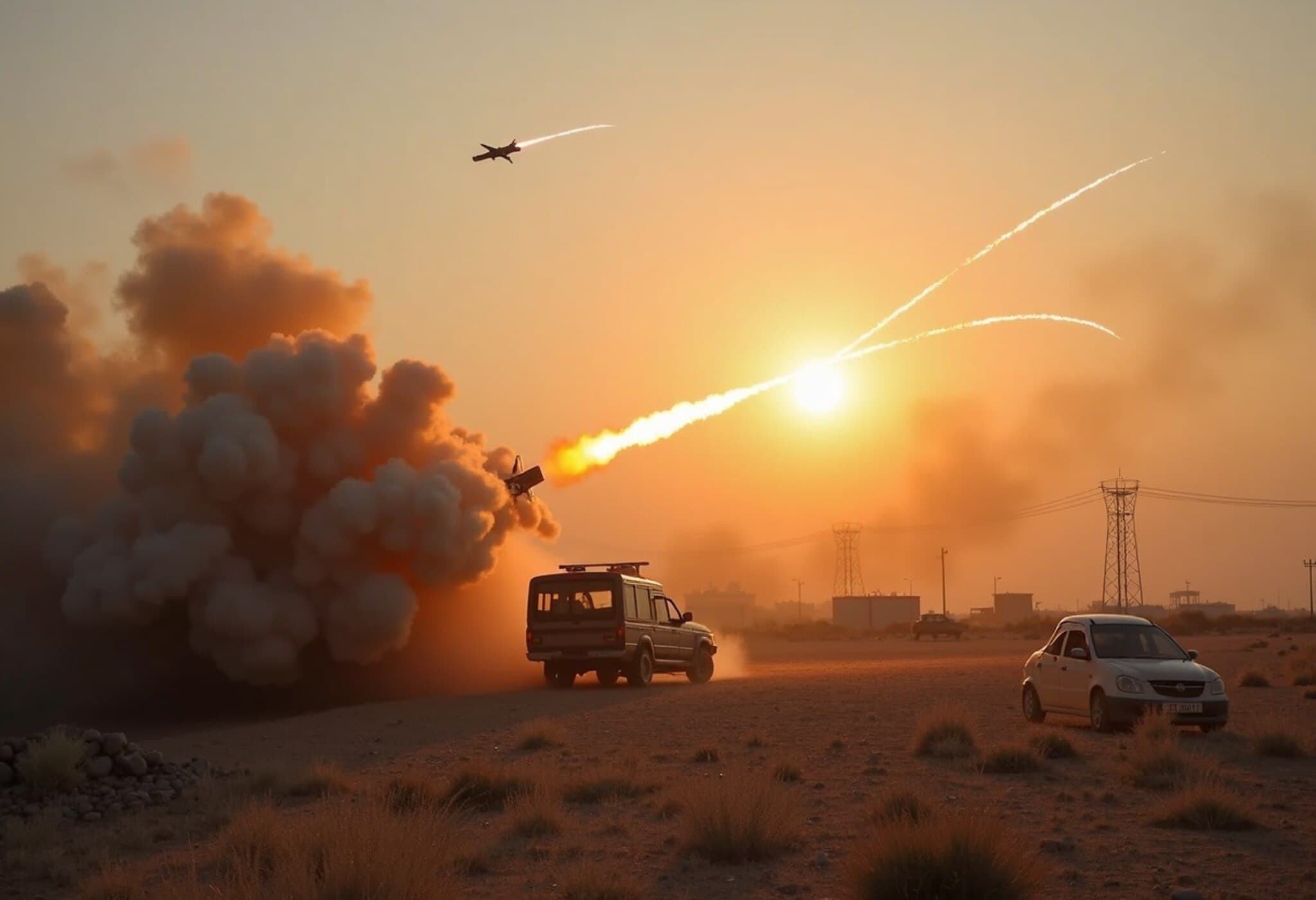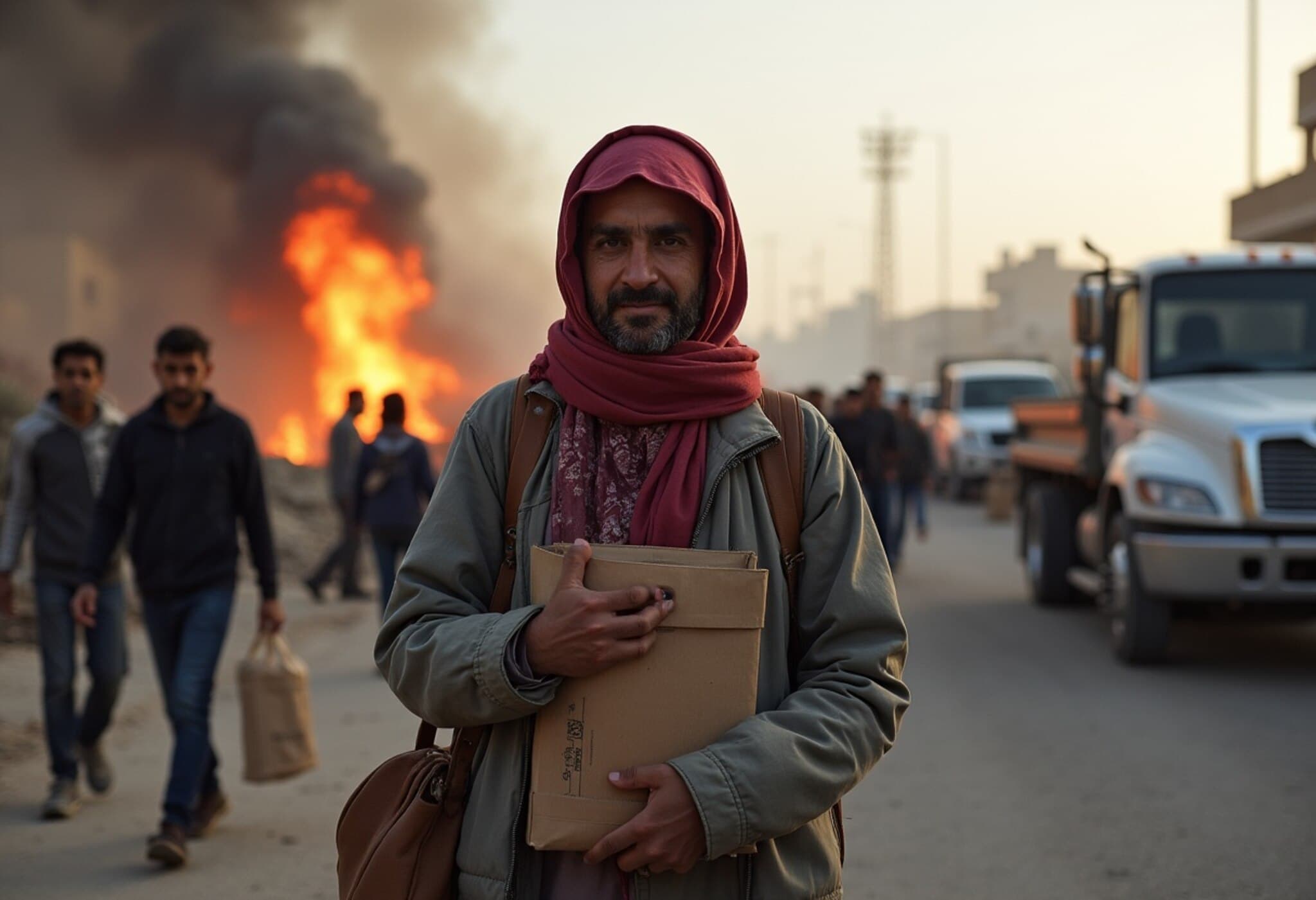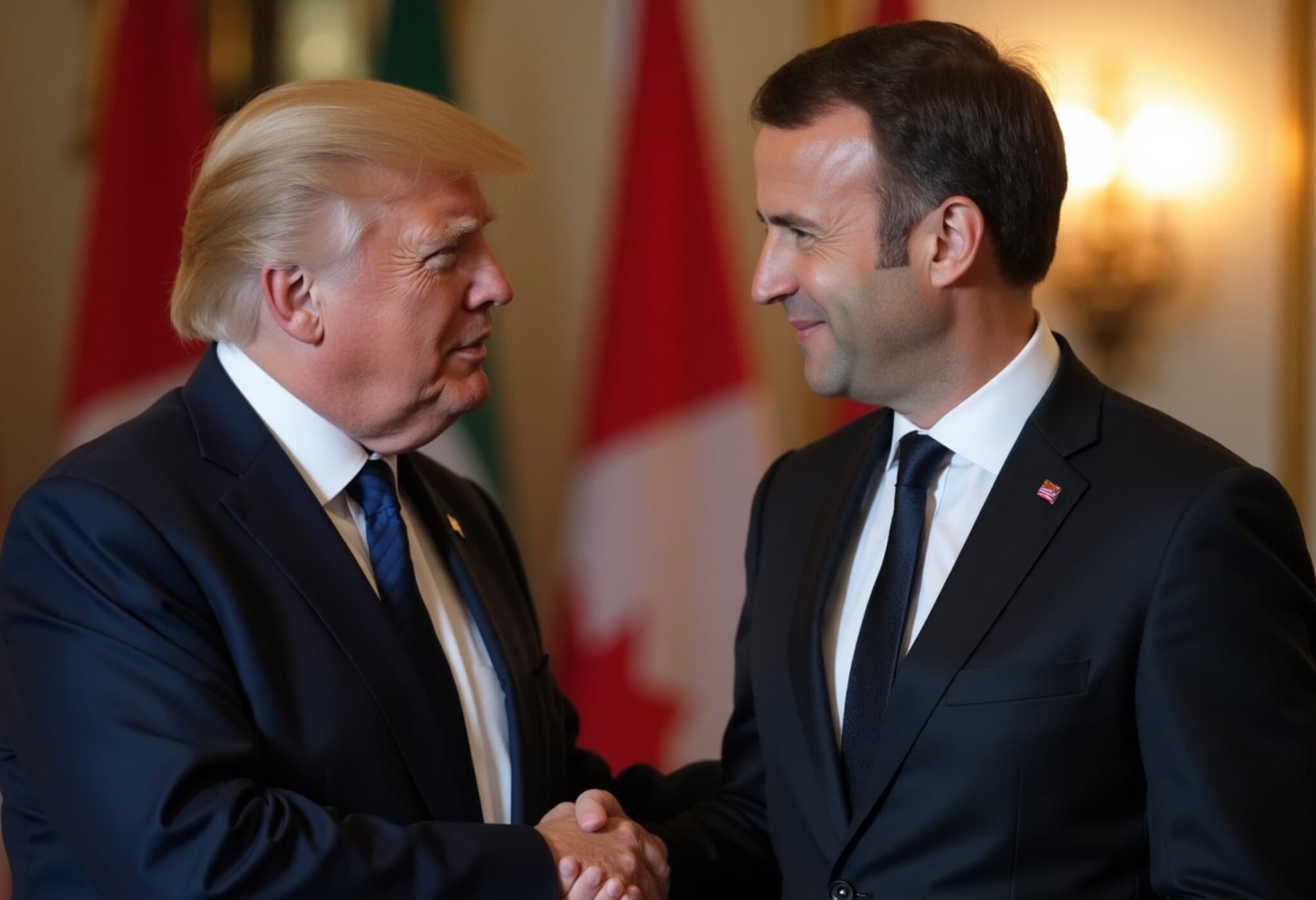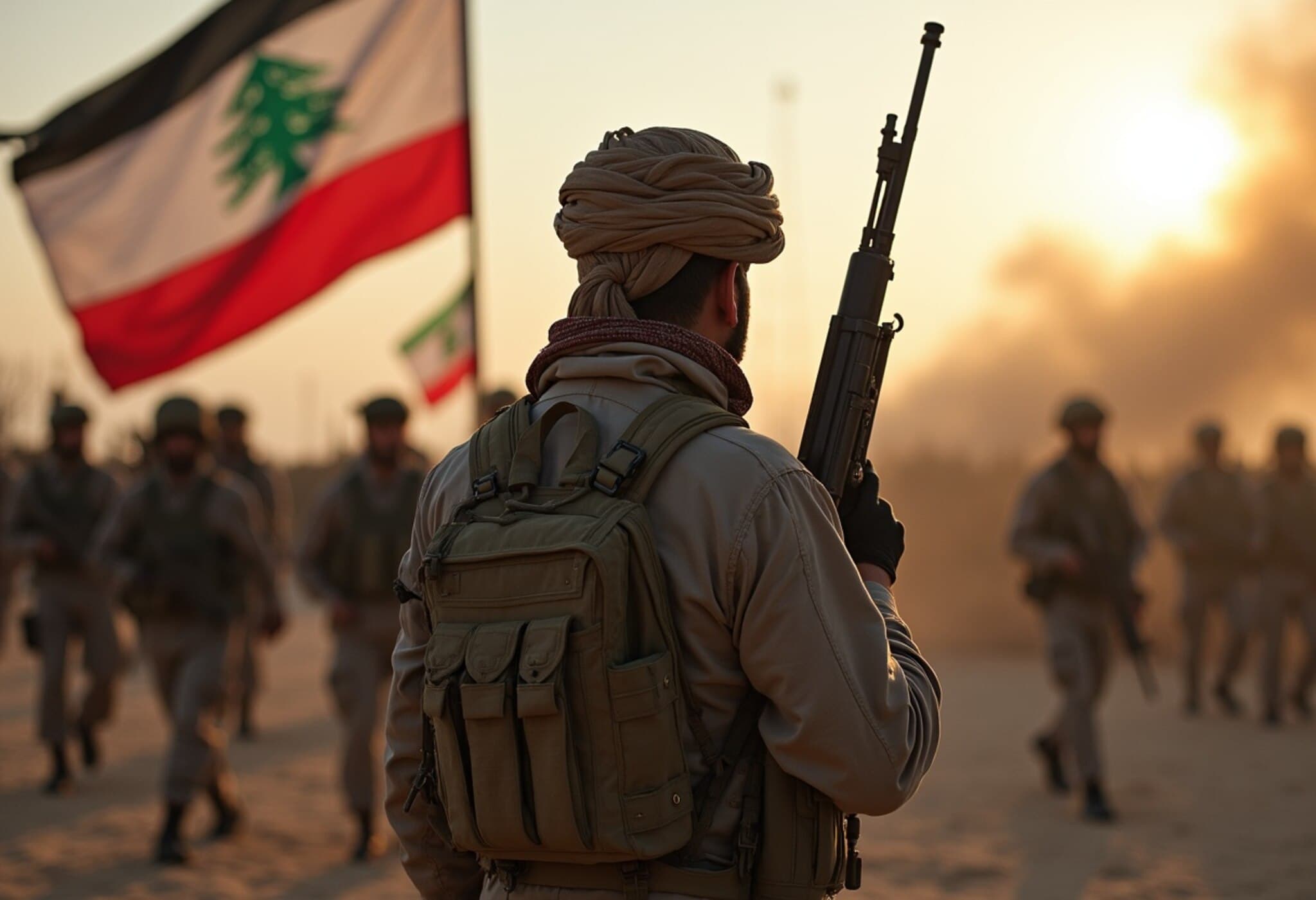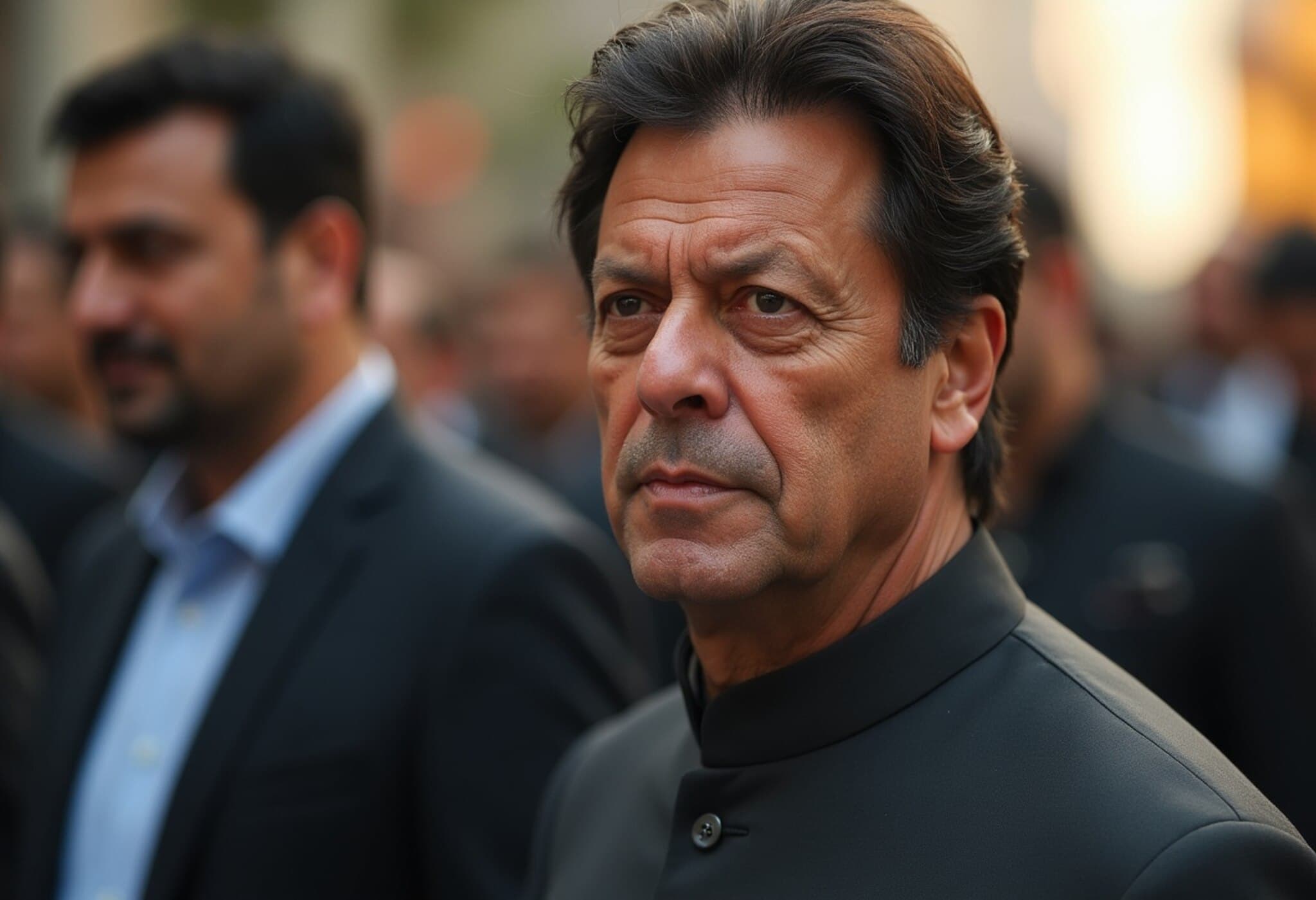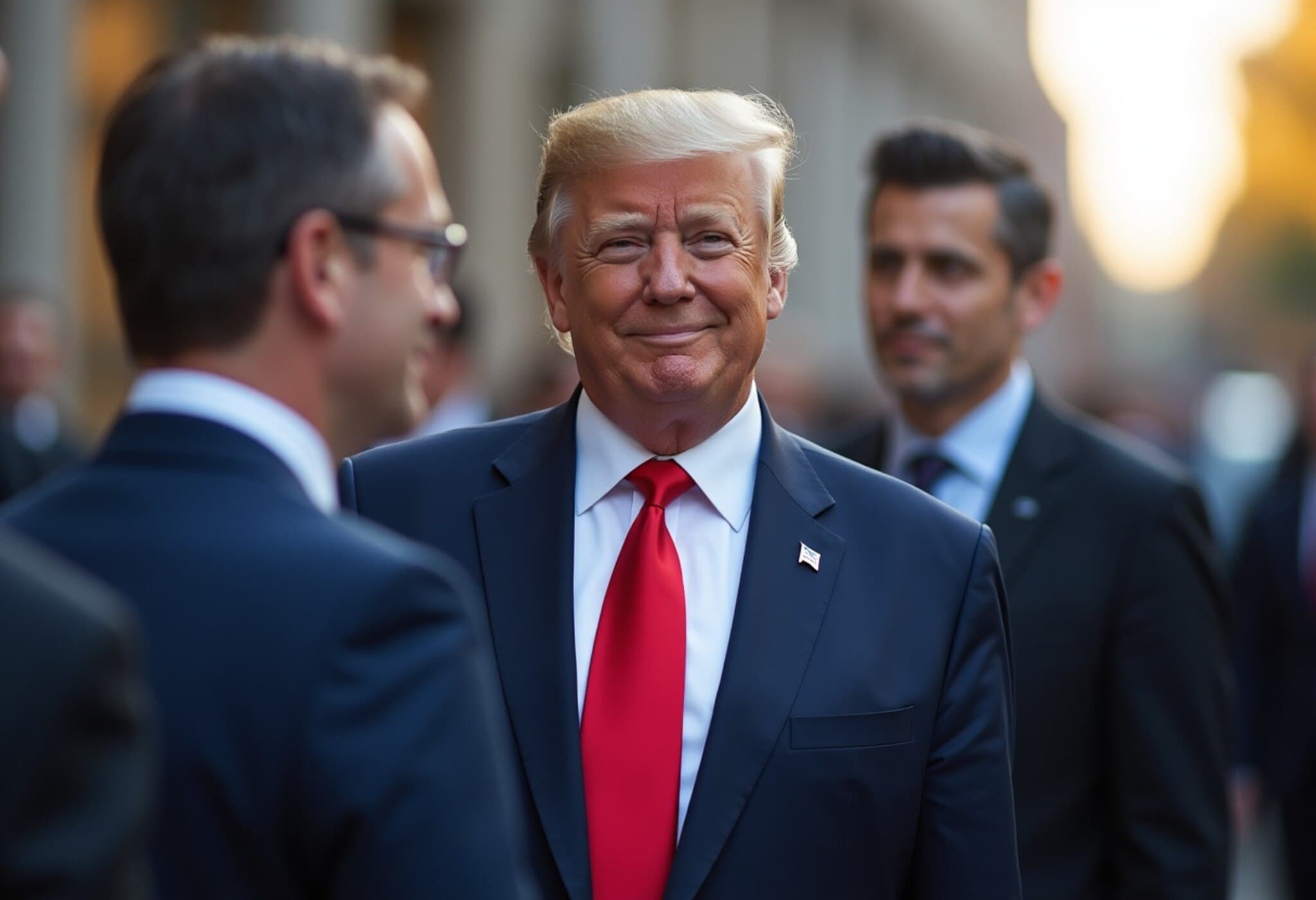Trump Blames Hamas for Ceasefire Breakdown Amid Hostage Crisis
In a stark and candid statement on July 25, 2025, former US President Donald Trump sharply criticized Hamas, accusing the militant group of deliberately sabotaging ceasefire negotiations that sought to secure the release of hostages held in Gaza. Speaking to reporters at the White House before departing for Scotland, Trump said, "Hamas didn’t really want to make a deal. I think they want to die."
His comments echoed those from the US Middle East peace envoy Steve Witkoff, who revealed that the American negotiating team had withdrawn following what was seen as an unconstructive new proposal from Hamas.
Hostage Talks Stall Over Hamas' Resistance
Trump underlined the precarious nature of the ongoing hostage situation, asserting that the number of captives had dwindled but that the last 10 to 20 hostages would be the toughest to secure.
"They pulled out in terms of negotiating,” Trump said. “We’re down to the last hostages. Hamas knows what happens when they don’t have any bargaining chips—they’ll be left with no protection." His assertion suggests that Hamas's hold over hostages serves as a strategic bargaining shield which, once diminished, could destabilize the group’s leverage in the conflict.
He further emphasized the urgency for Israel to act decisively: "They’re going to have to fight. They’re going to have to get them out of there." This aligns with comments from Israeli Prime Minister, who identified Hamas as the primary blockade to any hostage release agreement. Israeli media report that Israel, alongside US allies, is exploring alternative strategies to secure the freedom of their citizens.
Ceasefire Negotiations Set to Resume Amid Persistent Obstacles
According to reports citing Hamas official Bassem Naim, ceasefire talks are tentatively scheduled to recommence next week with the departure of an Israeli delegation for consultations. However, the atmosphere remains tense, with little optimism for immediate breakthroughs.
Trump Dismisses Macron’s Proposal for Palestinian State Recognition
In a separate diplomatic salvo, Trump downplayed French President Emmanuel Macron’s announcement of intentions to push for Palestinian state recognition at the upcoming United Nations General Assembly.
"Look, he’s a different kind of guy... but here’s the good news: what he says doesn’t matter. It’s not going to change anything," Trump remarked, underscoring the US administration’s longstanding opposition to unilateral moves on the Palestine question.
Trump’s Secretary of State, Marco Rubio, was even more critical, labeling Macron’s initiative a "reckless decision" and a "slap in the face" to victims of the horrific October 7 Hamas attack. The US has consistently reaffirmed its support for Israel and cautioned against actions that might derail negotiated peace efforts.
Geopolitical Implications and Underreported Angles
This unfolding diplomacy raises numerous critical questions:
- What are the implications of Chairman Macron’s stance within the wider EU and international community, and how might it influence future peace efforts?
- How does Hamas’s apparent resistance to negotiations affect the human cost within Gaza and Israel, particularly the hostages?
- What alternative diplomatic or military strategies are being considered by Israel and the US to resolve this humanitarian crisis?
Experts note that the US’s rejection of unilateral recognition of Palestine at the UN underscores the delicate balance Washington seeks to maintain between supporting Israel’s security and managing regional stability.
Moreover, the rhetoric revealing Hamas's purported desire "to die" reflects a grim dimension to the conflict — one where ideological extremism may override opportunities for peace, complicating mediation efforts enormously.
Expert Commentary: Navigating a Complex and Dangerous Landscape
As a seasoned analyst of Middle Eastern geopolitics remarks, "The sticking point of hostages highlights not just a political impasse but a profound humanitarian dilemma. It's not simply about territorial negotiations but about lives and the leverage wielded over them — a tactic tragically effective but morally devastating." This scenario underscores the urgent need for innovative conflict resolution mechanisms beyond traditional diplomacy.
Editor’s Note
As ceasefire talks inch forward and international actors stake their positions, the conflict between Israel and Hamas remains fraught with complexity and peril. While Trump's blunt characterization of Hamas’s stance may appear provocative, it reflects deeper frustrations within diplomatic circles seeking an end to violence and hostage suffering.
Readers should consider:
- How do unilateral political moves, like France’s proposed Palestinian recognition, impact on-the-ground realities?
- What role can the international community play to meaningfully influence both sides toward peace?
- How might evolving US foreign policy under figures like Trump shape the trajectory of this enduring conflict?
Understanding these dimensions is critical for grasping the multifaceted challenges impeding resolution in the region.

